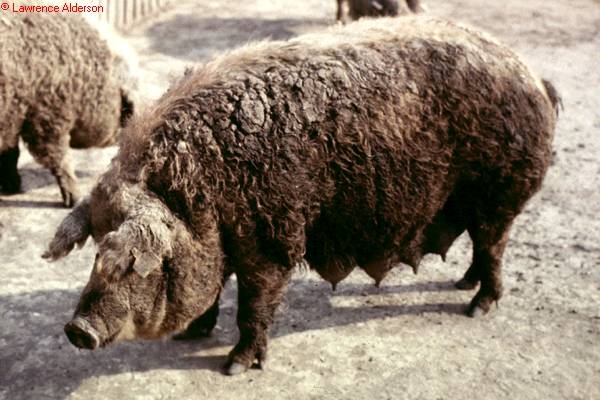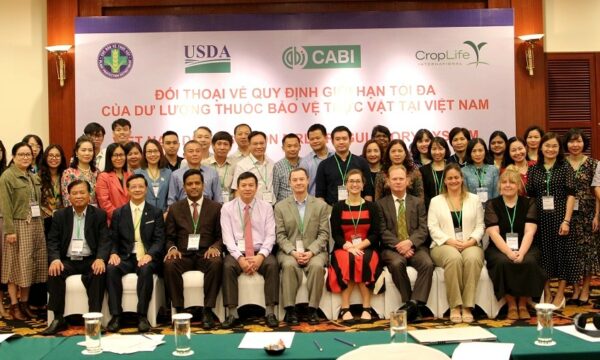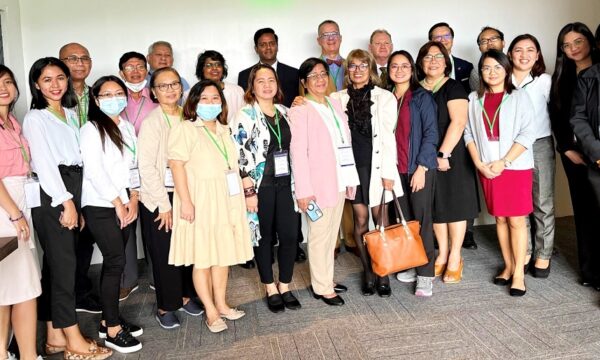The First Sustainable Food Chain Summit last week gave a clear message that to provide food sustainably for the future we need to use technology to bridge the gap between available resources and the amount of food we need to produce. As well as recommending the use of technology, to increase shelf life and reduce waste, speakers stressed that a move to more local production, use of local breeds and local recycling is needed to reduce the environmental impact of transporting food.
A Mangalica pig. Local breeds may be important for sustainable food.Photo courtesy Lawrence Alderson.
Gro Brundtland defined sustainability as: "Sustainable development is development that meets the needs of the present without compromising the ability of future generations to meet their own needs."
For the food chain it means:
- Creating less waste
- Improving efficiency
- Using less water and producing lower greenhouse gas emissions
- Protecting the soil
Several speakers at the meeting stressed the point that the health of man animals and plants is an important component of a sustainable food chain and that safety is paramount. The summit considered the place of various technologies in the sustainable food chain, including energy efficient ‘nonthermal’ preservation methods such as food irradiation, use of high hydrostatic pressure, cold plasma and high intensity light pulses. Nanotechnology, and use of additives also came under the sustainability spotlight. These technologies can all prolong the shelf life of food and reduce waste.
There are drawbacks however, for example consumer concerns about irradiation safety have limited its use in the EU and the safety of nanotechnology is currently unknown. Some nanotechnology applications could well be harmful to the environment. One example is antibacterial nanoparticles. While having a role in preserving food and improving food safety, these particles could persist in the environment and damage ecosystems in a similar way to antibiotic residues.
We need to use technology to feed the world sustainably and new technologies should be carefully evaluated, taking into account the whole food chain. According to Hungarian academician Ferenc Kovacs, food will have more knowledge in it in future.
Read about CABI’s food security projects
Sign up to Food and Nutrition hotspot for free food information
Related News & Blogs
CABI works with partners to develop simplified manual of KS 1758: Horticulture Code of Practice for Kenya
CABI has worked in partnership to help develop a simplified manual outlining with illustrations the details of the KS 1758: Horticulture Code of Practice for Kenya which is aimed at enabling more farmers to produce safe food. KS 1758 specifies the rule…
20 August 2024





